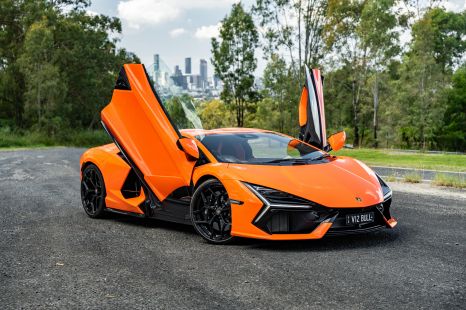

Alborz Fallah
3 Days Ago

Senior Contributor
Electric vehicles (EV) took a record 7.7 per cent share of the Australian new car market in September, as momentum around EVs gains pace, but one brand did all the heavy lifting.
VFACTS new vehicle sales data published by the Federal Chamber of Automotive Industries shows 28 different EV models from 17 brands achieved at least one registration last month.
But the sheer dominance of Tesla, which has proven far more capable at supplying the Australia market from its Giga Shanghai plant than other OEMs so far, is inescapable.
MORE: Tesla’s plant expansion could cut Model 3, Model Y wait times
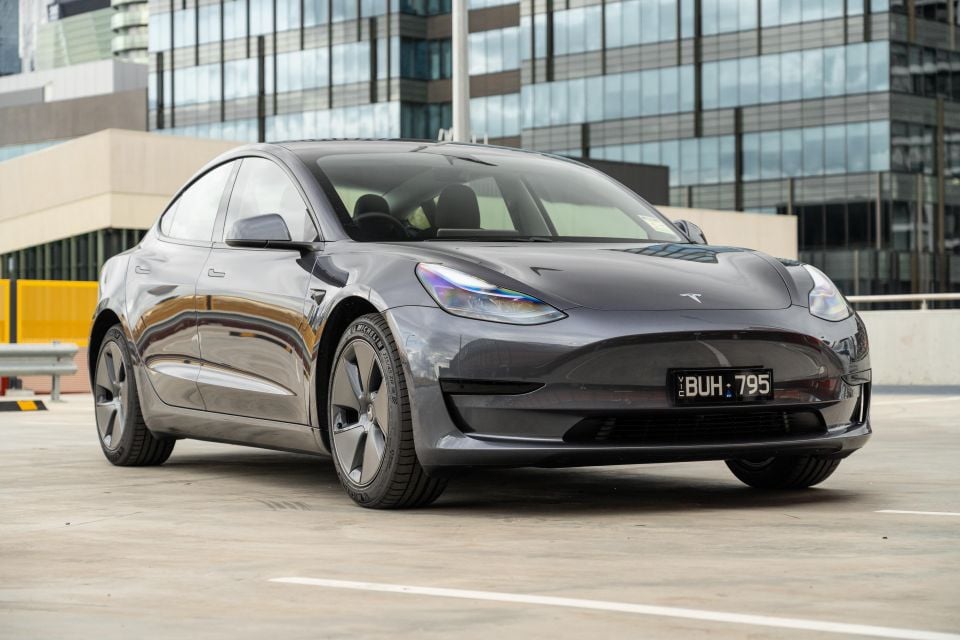
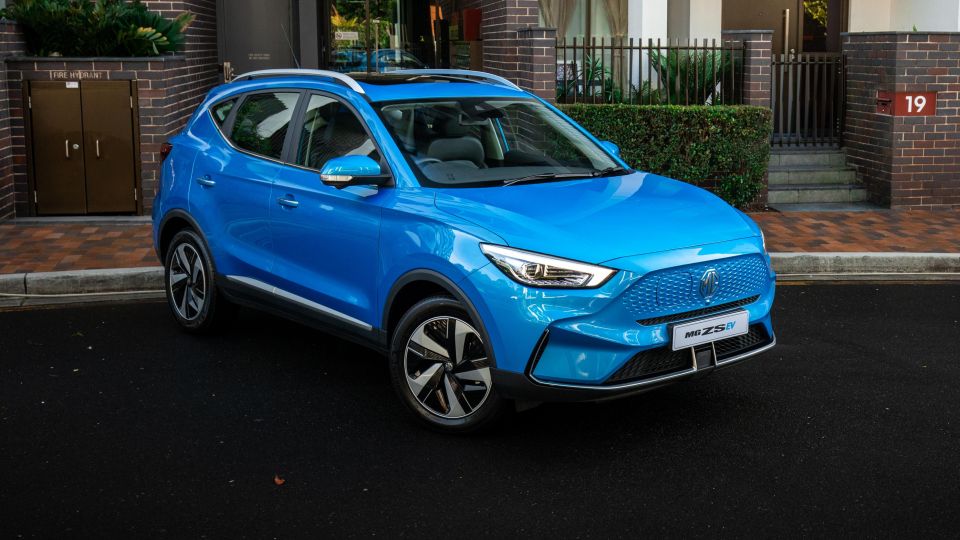
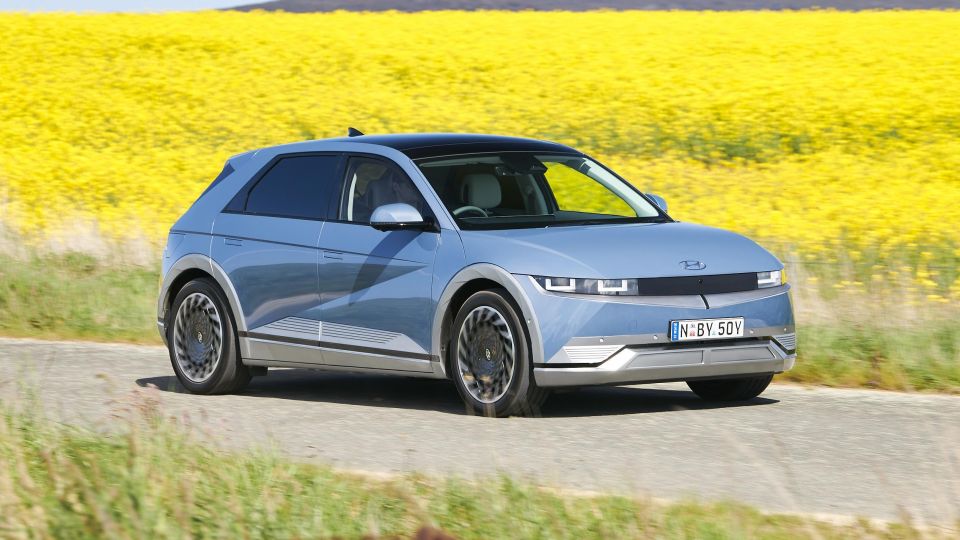

The Model Y was Australia’s number three model outright, and number one SUV, in September with 4359 deliveries.
Meanwhile the Model 3 was the market’s top-selling sedan with 1610 units – enough to make it the market’s number two passenger vehicle behind the Hyundai i30.
Tesla as a brand therefore delivered 5969 cars, which gave it a remarkable 82 per cent overall share of the total EV market. It’s Tesla, then daylight…
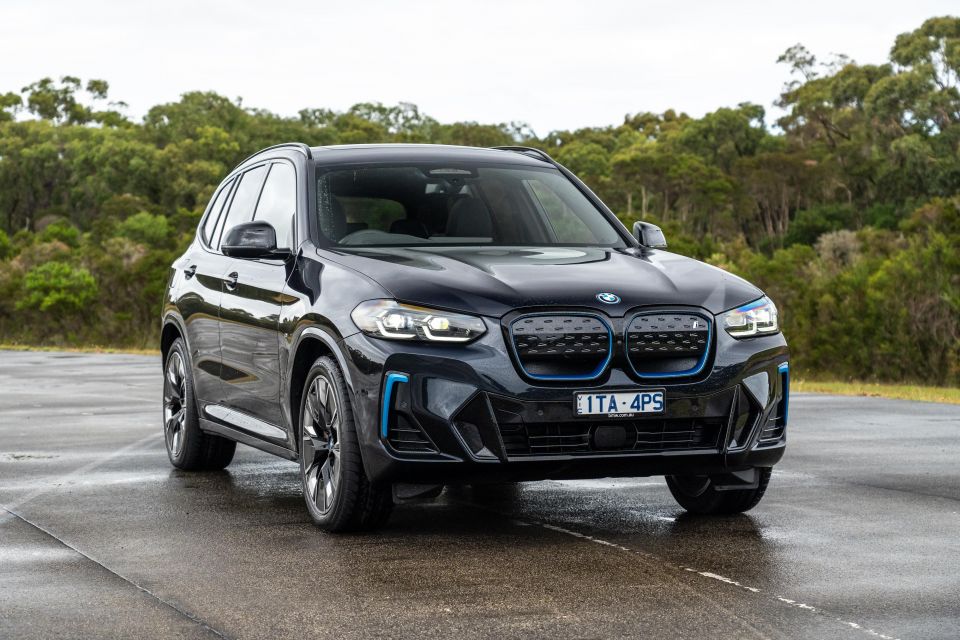
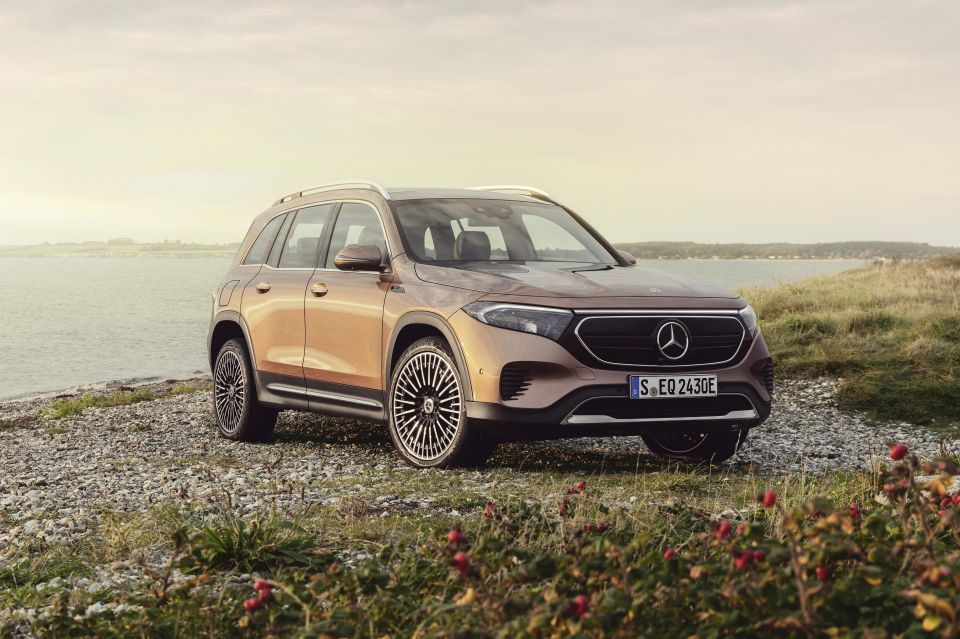

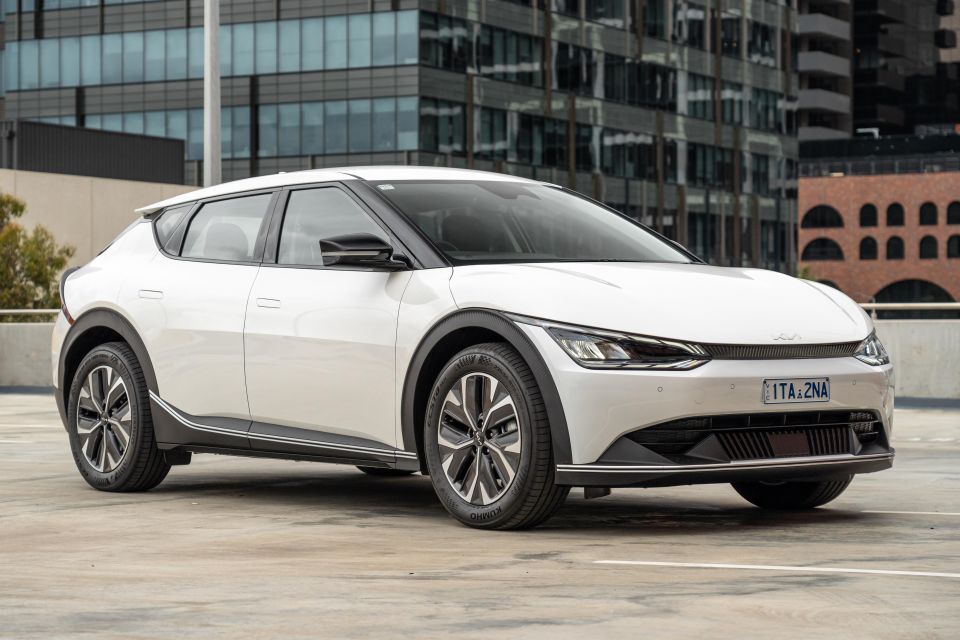
Next cab off the rank was the newly introduced MG ZS EV, Australia’s cheapest electric car starting at $44,990 drive-away, which managed 185 sales.
The pre-updated ZS EV was Australia’a number two EV in 2021 and looks to be continuing this form, with the company claiming to have secured 2000 units to sell for the rest of this year.
Hyundai did enough to be Australia’s number-two EV brand with 140 Ioniq 5 and 124 Kona EV sales, though as we know supply restrictions continue to hobble its plans.
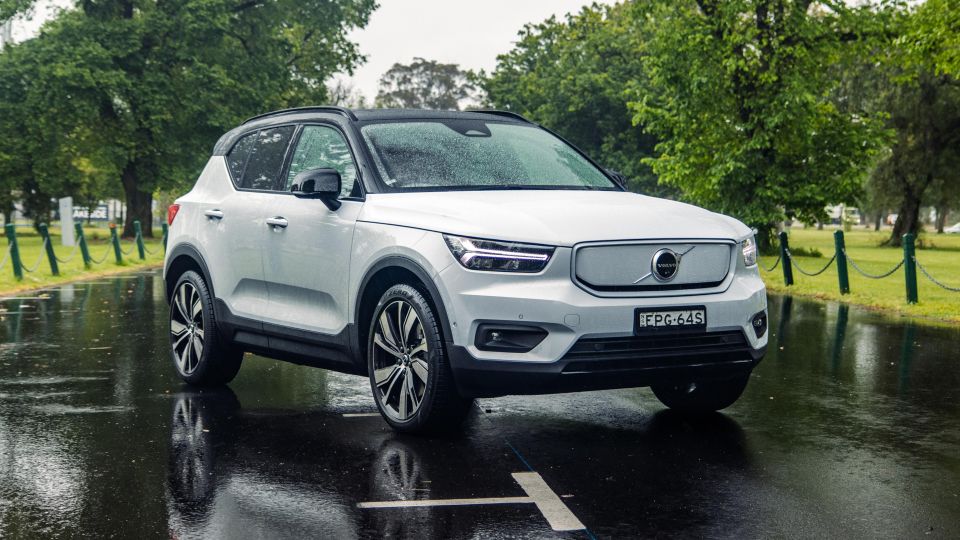

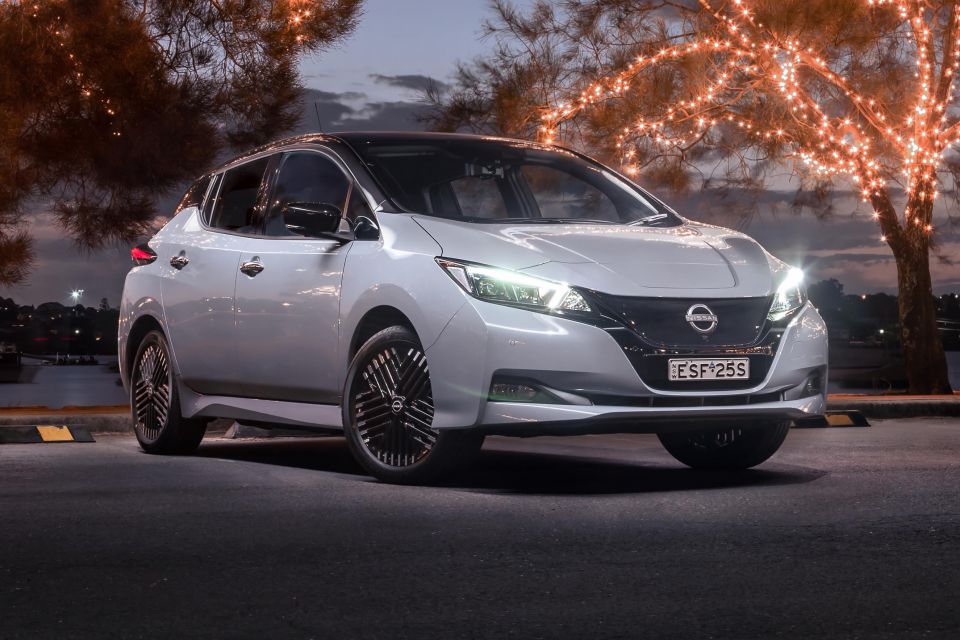
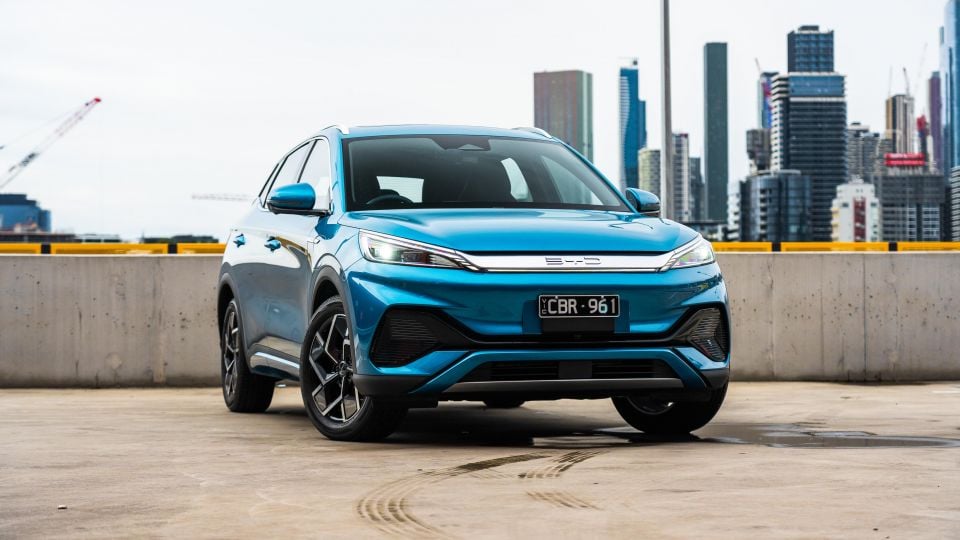
The Polestar 2 managed 85 deliveries, with Australia considered a key expansion market for the Sino-Swedish brand that recently went down the IPO path.
Next were the BMW iX3 (84), Mercedes-Benz EQB (82), Mini Hatch (78), and the BMW iX and Mercedes-Benz EQA (both 70). The Kia EV6’s tally of 60 was constrained by supply.
Interestingly, hyped new entrant BYD did not report its Atto 3 sales despite deliveries now commencing. We are expecting to see the company lob results next month.
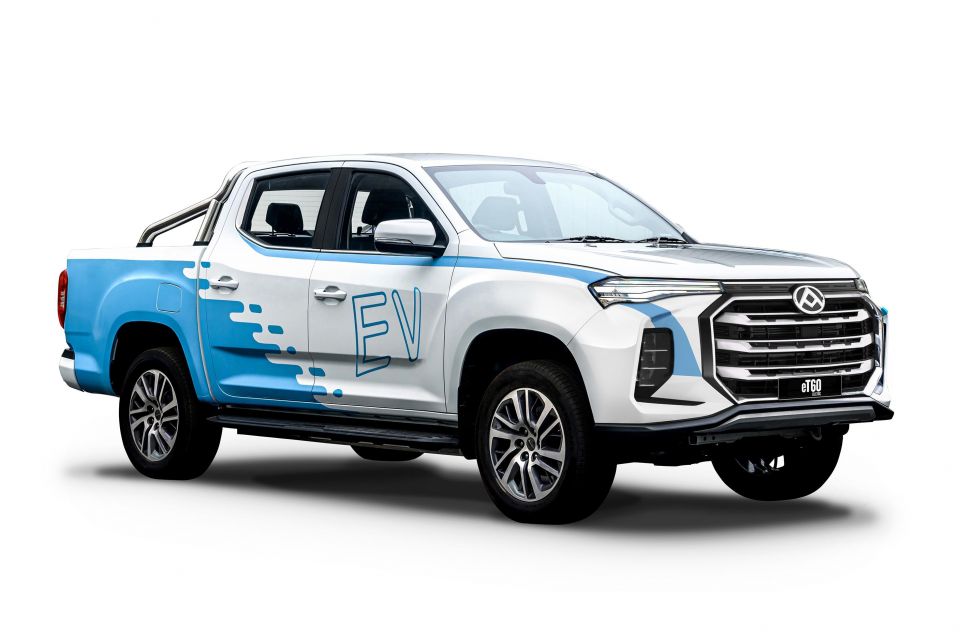
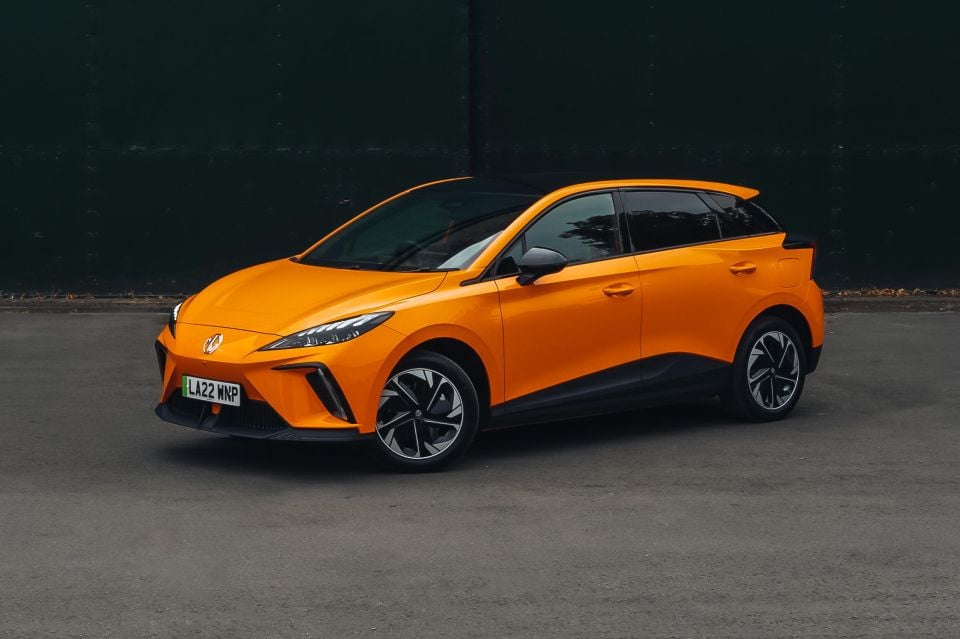
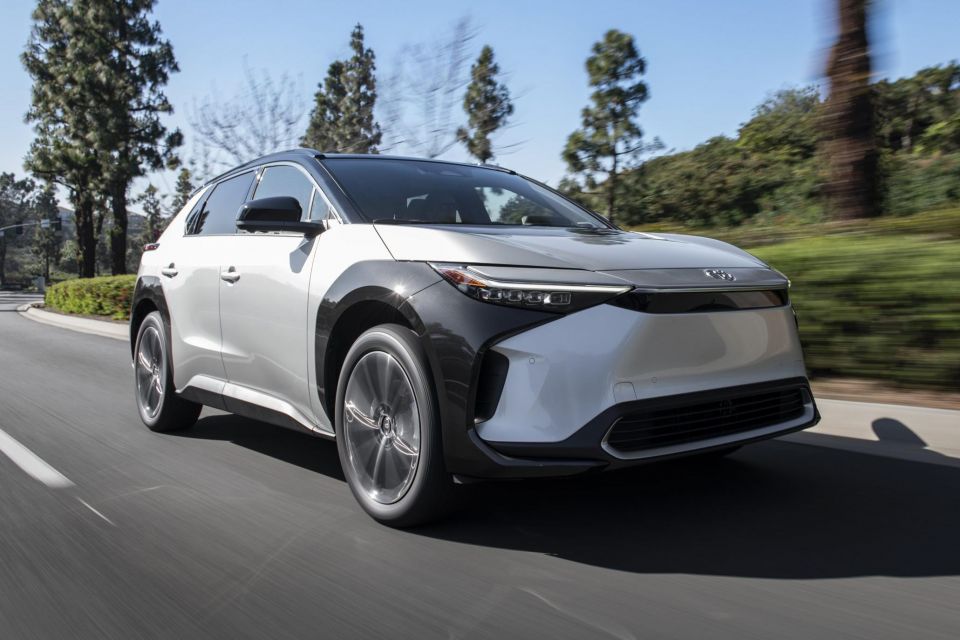
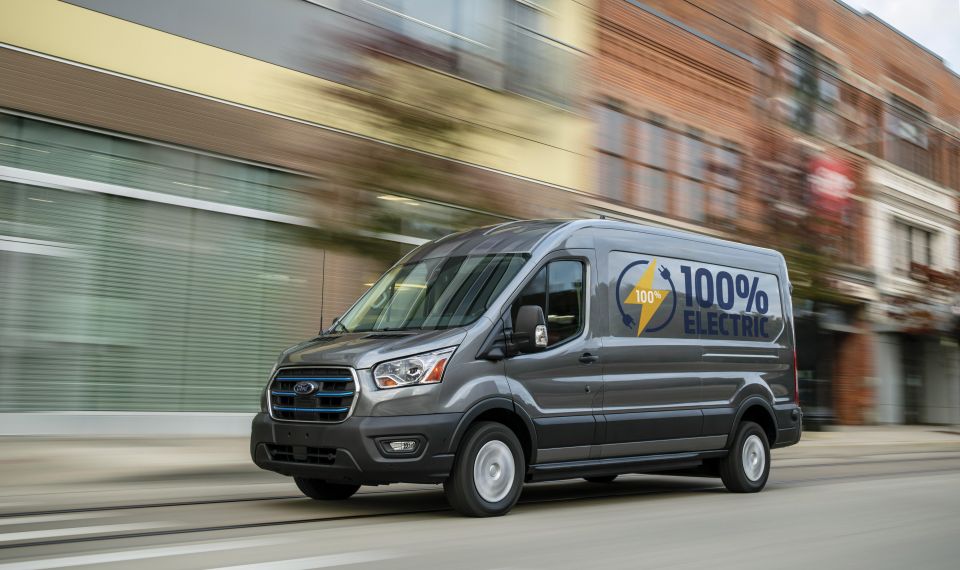
There’s some real momentum around EVs in Australia, with the federal government recently opening up a discussion paper to shape the nation’s first National EV Policy, which will almost certainly enforce CO2 emissions cuts.
There’s a glut of new EV product coming soon, with just a few examples including the:
Data obtained by CarExpert showing EV sales by model in September 2022:
| Tesla Model Y | 4359 |
|---|---|
| Tesla Model 3 | 1610 |
| MG ZS | 185 |
| Hyundai Ioniq 5 | 140 |
| Hyundai Kona | 124 |
| Polestar 2 | 85 |
| BMW iX3 | 84 |
| Mercedes-Benz EQB | 82 |
| Mini Hatch EV | 78 |
| BMW iX | 70 |
| Mercedes-Benz EQA | 70 |
| Kia EV6 | 60 |
| Volvo XC40 | 49 |
| Genesis GV60 | 46 |
| Hyundai Ioniq | 37 |
| Kia Niro | 35 |
| Porsche Taycan | 27 |
| BMW i4 | 21 |
| Nissan Leaf | 16 |
| Mercedes-Benz EQC | 14 |
| Audi e-tron | 13 |
| Mercedes-Benz EQS | 11 |
| Volvo C40 | 8 |
| Mazda MX-30 | 7 |
| Genesis G80 | 6 |
| Lexus UX | 5 |
| Renault Kangoo | 5 |
| LDV eDeliver 9 | 1 |
MORE: National EV Strategy, government releases consultation paper MORE: Australia’s best-selling EVs in the first half of 2022 MORE: What electric car buyer incentives are offered across Australia? MORE: Dumping ground no more? Australian Government’s affordable EV push
Take advantage of Australia's BIGGEST new car website to find a great deal on a Tesla.


Alborz Fallah
3 Days Ago
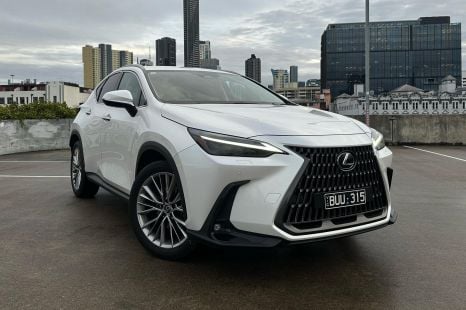

William Stopford
3 Days Ago
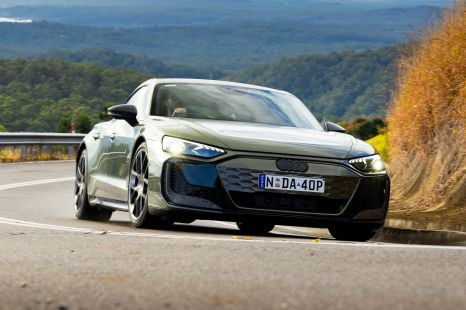

James Wong
2 Days Ago
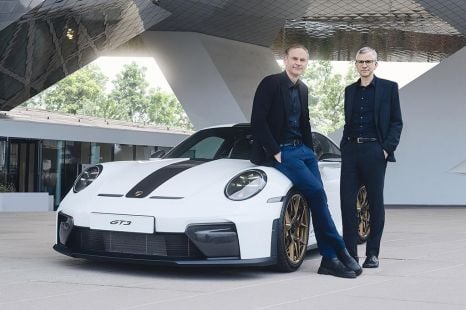

Damion Smy
1 Day Ago
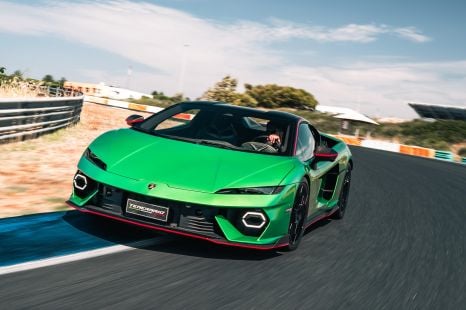

Alborz Fallah
1 Day Ago
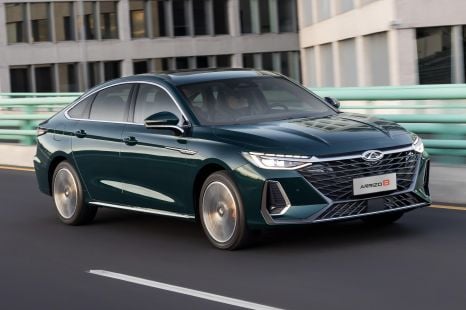

Max Davies
1 Day Ago